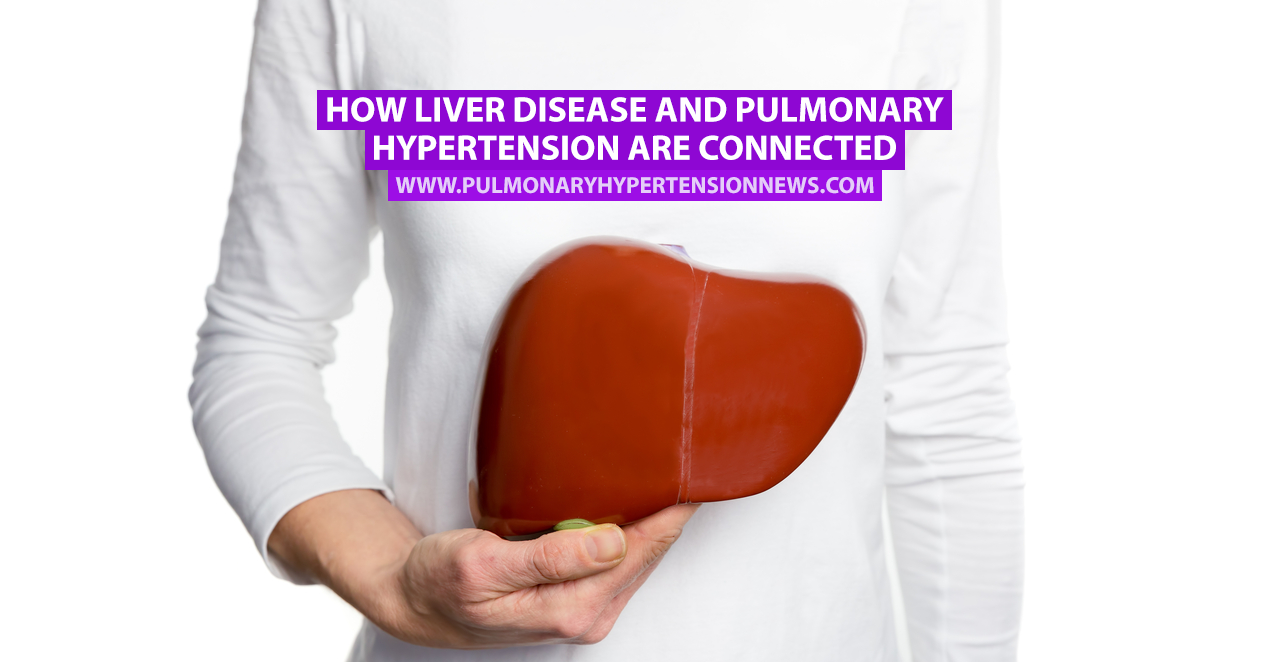How Liver Disease and Pulmonary Hypertension Are Connected
Written by |

There are many reasons why a person may develop pulmonary hypertension (PH), one of which is needing a new liver.
MORE: Portopulmonary hypertension seen as an important prognosis parameter in liver transplant candidates.
People who are suffering from liver disease with portal hypertension — high blood pressure in the veins flowing to the liver — are at an increased risk of developing pulmonary hypertension. Furthermore, if the patient has had a liver transplant, the risk of PH isn’t reduced as the transplanted organ will not repair the damage associated with pulmonary hypertension.
There are many liver diseases which can lead a patient to need a liver transplant, including cirrosis, hepatitis, alcoholic liver disease, nonalcoholic fatty liver disease (NAFLD), and heptatic tumors. Certain genetic or metabolic disorders may also affect the liver and lead to transplantation.
A study of more than 1,200 liver transplant patients found that 8.5 percent of them developed pulmonary hypertension. The success of the transplantation was not affected for those who had mild to moderate pulmonary hypertension, but the 0.58 percent who developed severe pulmonary hypertension had dramatically increased mortality rates with 42 percent dying after nine months and 71 percent by 36 months. Find out more about liver transplants and pulmonary hypertension here.
MORE: Ten concerning signs of pulmonary hypertension.
Pulmonary Hypertension News is strictly a news and information website about the disease. It does not provide medical advice, diagnosis, or treatment. This content is not intended to be a substitute for professional medical advice, diagnosis, or treatment. Always seek the advice of your physician or other qualified health provider with any questions you may have regarding a medical condition. Never disregard professional medical advice or delay in seeking it because of something you have read on this website.



